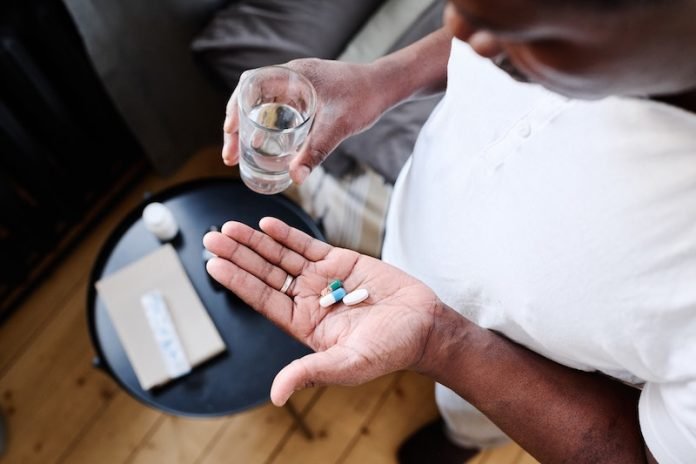
Strokes are scary and life-changing, but what’s even more concerning is the possibility of having another one.
A recent study out of Denmark has given hope that a common pill used for lowering cholesterol, called a statin, might help prevent a second stroke for some people.
What Exactly is a Stroke?
Before diving into the research, let’s first understand what a stroke is. Imagine your brain is a city, and the roads in and out are the blood vessels.
A stroke happens when one of these roads gets blocked or starts to bleed. In medical terms, a blocked road is called an “ischemic stroke,” and it’s the most common type.
The other, rarer kind, a “bleeding stroke,” is when a blood vessel in the brain actually bursts open. This is known as an “intracerebral hemorrhage.”
The Research: What Did They Find?
Dr. David Gaist and his team looked into the health records of more than 15,000 people in Denmark who had their first bleeding stroke.
They followed them for about three and a half years to see who would have a second stroke. The main thing they were interested in was whether taking statins made any difference.
So, what did they find? They discovered that people who took statins were less likely to have another stroke.
But here’s the kicker: the reduced risk was mainly for those blocked-road kinds of strokes, not for another bleeding one.
In simpler terms, taking statins seemed to protect against one type of stroke but not necessarily against the same type happening again.
Let’s break down the numbers:
- Folks who took statins had a 12% lower chance of having any kind of second stroke.
- For those who took statins, the chance of having a second blocked-road stroke dropped by 21%.
- Taking statins did not make it more likely for people to have another bleeding stroke.
Dr. Gaist said that this is good news for people who’ve had a bleeding stroke and are taking statins. But, he also said we need more studies to be really sure of these findings.
Who Should Care and What’s Next?
This study is important for several reasons. First, it offers hope for something that can be incredibly frightening: the prospect of having another stroke.
Second, it also tells us that medical advice needs to be customized. Not all strokes are the same, and what helps one person might not help another.
However, this study has limitations. It focused only on people in Denmark, who are mostly of European background. So, we can’t say for sure that these findings apply to everyone.
More research needs to be done to confirm whether statins can really help reduce the risk of a second stroke, especially in people from various ethnic backgrounds.
But for now, if you or a loved one has had a bleeding stroke, this study offers a little piece of hope. As always, make sure to consult with your doctor about your medication options and what’s best for your specific situation.
So, could a common cholesterol pill be a way to fend off a second stroke? It’s a possibility, and that’s a good reason to pay attention to this line of research as it continues to unfold.
If you care about stroke, please read studies about a breakfast linked to better blood vessel health, and olive oil could help lower risks of heart disease and stroke.
For more information about health, please see recent studies about how Mediterranean diet could protect your brain health, and wild blueberries can benefit your heart and brain.
The study was published in Neurology.
Follow us on Twitter for more articles about this topic.
Copyright © 2023 Knowridge Science Report. All rights reserved.



